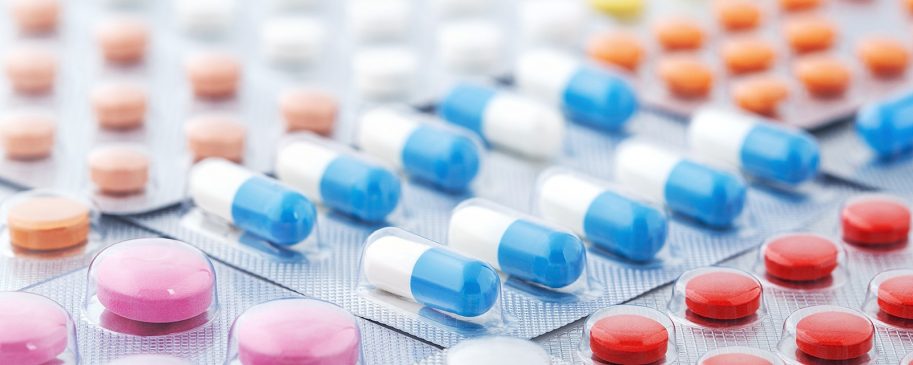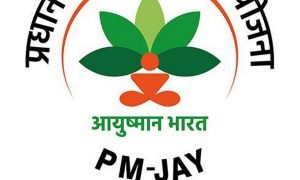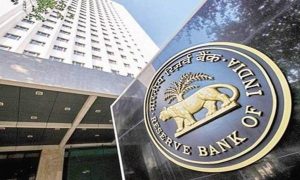The move holds importance because the low-cost drugs were on the verge of vanishing from the Indian market — similar to multiple other formulations for which Indian makers are now dependent on imports from China
India’s drug-price regulator has approved a price increase of over 50 per cent for essential drugs used to treat asthma, glaucoma, thalassemia, tuberculosis, and mental health issues to keep important medicines from “disappearing” from the market.
The National Pharmaceutical Pricing Authority (NPPA) has revised the ceiling prices of eight scheduled drugs to meet the “twin objectives of availability and affordability”, the authority claimed in a press release. “Most of these drugs are low-cost and generally used as first-line treatment crucial to the public health programmes of the country.”
Eleven formulations for which ceiling prices have been revised include benzylpenicillin (10 lakh IU injection), atropine injection (0.6 mg per ml), streptomycin powder (for injection 750 mg and 1000 mg), salbutamol tablet (2 mg and 4 mg), respirator solution (5 mg per ml), Pilocarpine 2% drops, Cefadroxil tablet (500 mg), Desferrioxamine (500 mg for injection) and Lithium tablets (300 mg).
WHY WAS THE EXTRAORDINARY MOVE MADE?
The NPPA, in the press release, said the authority has been getting requests from manufacturers to raise prices due to reasons such as higher costs of active pharmaceutical ingredients (raw materials), increased production expenses, and changes in exchange rates.
This has made it difficult for companies to sustainably produce and market certain drugs. Some companies have even requested to stop making certain products because they are no longer viable. “Companies have also applied for discontinuation of some of the formulations on account of their unviability,” NPPA said.
The drug price watchdog, whose mandate is to ensure the availability of essential drugs at affordable prices, decided on October 8 to invoke extraordinary powers under Para 19 of the Drug Pricing Control Order, 2013.
“…in larger public interest, NPPA has approved an increase in the ceiling prices of eleven (11) scheduled formulations of eight (8) drugs by 50% of their current ceiling prices.”
“Most of these drugs are low-cost and generally used as first-line treatment crucial to the public health programmes of the country. These drugs are used for the treatment of Asthma, Glaucoma, Thalassemia, Tuberculosis, mental health disorders, etc.”
Earlier, such extraordinary powers were invoked by NPPA in 2019 and in 2021 whereby the price of 21 and nine formulations respectively was increased by 50 per cent to ensure continued availability of essential drugs for the public.
“The essential drugs must remain available to address the public health needs of the country and their price regulation should not lead to a situation where these drugs become unavailable in the market. “
WHY THE MOVE IS IMPORTANT
The move holds importance because the low-cost drugs were on the verge of vanishing from the Indian market — similar to multiple other formulations for which Indian makers are now dependent on imports from China.
The drug makers are seeking either a price hike or permission to discontinue drugs in the majority of cases as price ceilings were making the product unviable for production.
Sample these formulations: The formulation Benzylpenicillin (10 lakh IU injection) is an antibiotic injection used in the treatment of multiple bacterial infections such as infections of the throat, ear, respiratory tract, skin and soft tissue, and sexually transmitted diseases like syphilis.
The top companies making these injections are Alembic Pharma and Hindustan Antibiotics Limited which sell them at affordable prices hovering between Rs 6 and Rs 9 per injection.
Similarly, another formulation atropine sulphate injection is used to treat a condition called bradycardia or slow heart rate. The drug helps to restore normal heartbeat in cardiac arrest cases and experts use this injection before general anaesthesia to reduce saliva release. This was available at Rs 3 to Rs 5 per injection and manufactured by T Walker’s Pharmaceuticals.
Another formulation, streptomycin injection, is used in the treatment of tuberculosis along with other medicines. This antibiotic works by stopping the growth of tubercular bacteria and was sold at Rs 7 to Rs 9 by Hindustan Antibiotics and Macleods Pharma.
Deferoxamine injection, a drug which is used in the treatment of iron overload and transfusion-dependent thalassemia for those who regularly undergo blood transfusions, costs around Rs 160 and is sold by Novartis.
Dr Yatin Mehta, chairman, critical care, at Gurugram’s Medanta Hospital said: “These are low cost but essential drugs. No point in killing the chicken before it lays the eggs. Industry also must survive. This action is timely and essential.”





































